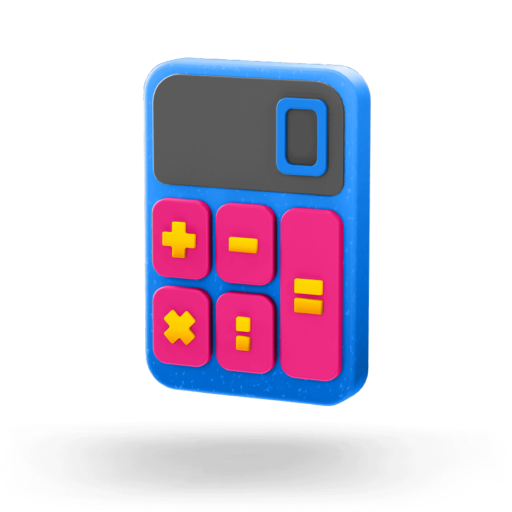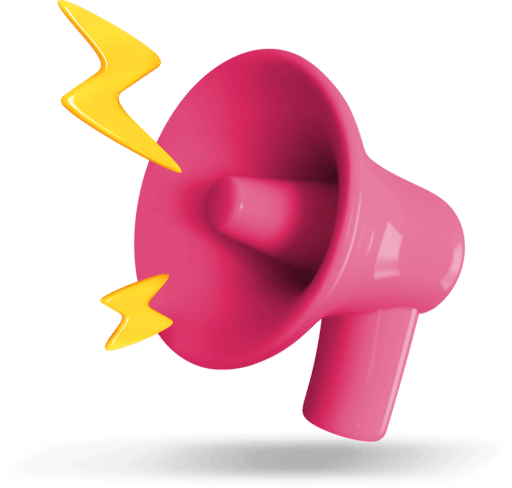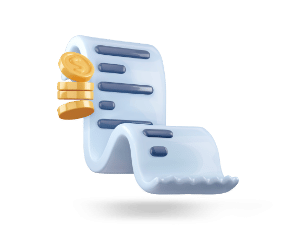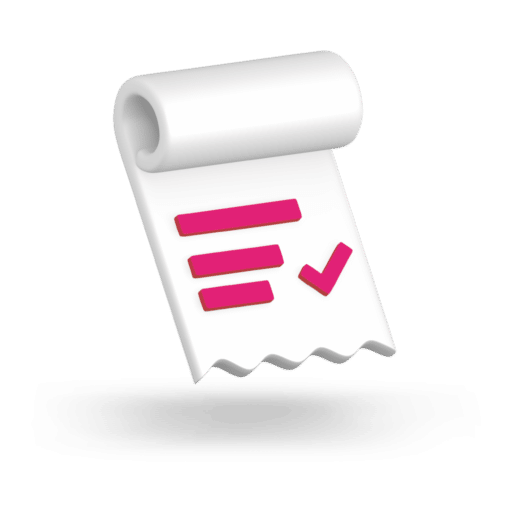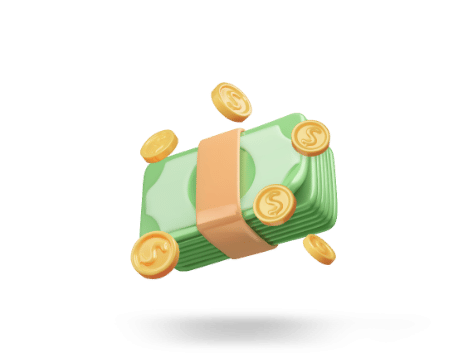Low-Income Resources in North Carolina
Welcome to Money Fit’s Low-Income Resource list. We have organized different options into four categories: Food, Housing/Utilities, Child/Family Care, and Healthcare. Each resource includes a brief description, along with contact information such as a phone number and website URL.
Food Resources
North Carolina Food and Nutrition Services (FNS)
Food and Nutrition Services (FNS) is a federal food assistance program that helps provide food assistance to low-income families. The purpose of the Food Stamp Program is to end hunger and improve nutrition and health. It helps eligible low-income households buy the food they need for a nutritionally adequate diet.
Address: NC Division of Social Services, 2401 Mail Service Center, Raleigh, NC 27699-2401
Phone: 1-919-733-9370 | 1-919-527-6335
Website: click here
Federal Resource – Supplemental Nutrition Assistance Program (SNAP)
SNAP provides nutrition benefits to supplement the food budget of needy families so they can purchase healthy food and move towards self-sufficiency.
Housing and Utilities
Emergency Assistance
Families who are experiencing a financial emergency may be eligible for financial help to pay for housing and utilities.
Address: Division of Social Services, Albemarle Building, 8th Floor, 325 N. Salisbury St., Raleigh, NC 27601
Phone: 1-919-527-6300 | 1-919-527-6335
Website: click here
Crisis Intervention Program
The Crisis Intervention Program (CIP) is a Federally-funded program that provides assistance to low-income households that are in a heating or cooling-related emergency. The goal of the CIP program is to help families stay warm in the winter and cool in the summer, reducing the risk of health and safety problems such as illness, fire, or eviction.
Address: Division of Social Services, Albemarle Building, 8th Floor, 325 N. Salisbury St., Raleigh, NC 27601
Phone: 1-919-733-3055 | 1-919-855-3200
Website: click here
North Carolina – Low Income Energy Assistance Program (LIEAP)
The Low Income Energy Assistance Program (LIEAP) is a Federally-funded program that provides a one-time cash payment to help eligible families pay their heating bills. This payment is usually received in February of each year.
Address: DHHS Mailing Address: 2001 Mail Service Center, Raleigh, NC 27699-2001
Phone: 1-919-733-9370 | 1-800-688-6696
Website: click here
Federal Resource – Low-Income Home Energy Assistance Program (LIHEAP)
The Low Income Home Energy Assistance Program (LIHEAP) helps keep families safe and healthy through initiatives that assist families with energy costs.
Child and Family Care
Work First
North Carolina‘s Temporary Assistance for Needy Families (TANF) program, called Work First, is based on the premise that parents have a responsibility to support themselves and their children.
Address: Division of Social Services, Dorothea Dix Campus, McBryde Building, 820 S. Boylan Avenue, Raleigh, NC 27603
Phone: 1-919-560-8815
Website: click here
Joblink Career Center System
North Carolina‘s Temporary Assistance for Needy Families (TANF) program, called Work First, is based on the premise that parents have a responsibility to support themselves and their children.
Address: 313 Chapanoke Road, Suite 120, Raleigh, NC 27603
Phone: 1-919-814-0400 | 1-800-562-6333
Website: click here
Federal Resource – Women, Infants, and Children (WIC)
WIC is a federally funded nutrition program for Women, Infants, and Children that helps families by providing financial assistance to purchase healthy supplemental foods from WIC-authorized vendors.
WIC also provides nutrition education, breastfeeding information, and support as well as assists in finding healthcare and other community services.
Federal Resource – The Head Start Program
Head Start programs support children’s growth and development in a positive learning environment through a variety of services, which include:
- Early learning: Children’s readiness for school and beyond is fostered through individualized learning experiences. Through relationships with adults, play, and planned and spontaneous instruction, children grow in many aspects of development.
- Health: Each child’s perceptual, motor, and physical development is supported to permit them to fully explore and function in their environment. All children receive health and development screenings, nutritious meals, oral health, and mental health support. Programs connect families with medical, dental, and mental health services to ensure that children are receiving the services they need.
- Family well-being: Parents and families are supported in achieving their own goals, such as housing stability, continued education, and financial security. Programs support and strengthen parent-child relationships and engage families around children’s learning and development.
Federal Resource – Temporary Assistance for Needy Families (TANF)
The Temporary Assistance for Needy Families (TANF) program provides grant funds to states and territories to provide families with financial assistance and related support services. State-administered programs may include childcare assistance, job preparation, and work assistance.
Healthcare Resources
Medicaid
Authorized by Title XIX of the Social Security Act, Medicaid was signed into law in 1965 alongside Medicare. All states, the District of Columbia, and the U.S. territories have Medicaid programs designed to provide health coverage for low-income people. Although the Federal government establishes certain parameters for all states to follow, each state administers its Medicaid program differently, resulting in variations in Medicaid coverage across the country.
About Money Fit and Our Commitment to Your Financial Wellness
At Money Fit, we are dedicated to helping individuals and families achieve financial stability and freedom from unsecured debt. With decades of experience in the nonprofit sector, our mission is to provide trustworthy and effective solutions tailored to your financial needs.
Our Debt Management Program is designed to help you regain control of your finances by repaying 100% of your unsecured debt under more favorable terms. We understand that every financial journey is unique, and we’re here to support you every step of the way with personalized guidance and expert advice.
Beyond debt management, we are committed to empowering our clients through comprehensive financial education. We offer a variety of resources, including:
- Online Courses: Self-paced learning to build your financial literacy.
- Podcasts: Insightful discussions on financial trends, tips, and strategies.
- Workshops: Interactive sessions covering essential financial topics.
- Webinars: Live and on-demand educational content for every financial stage.
Whether you need assistance with debt management, or you’re looking to improve your financial knowledge, Money Fit is here to help. Explore our resources, and let’s work together to build a brighter financial future.


